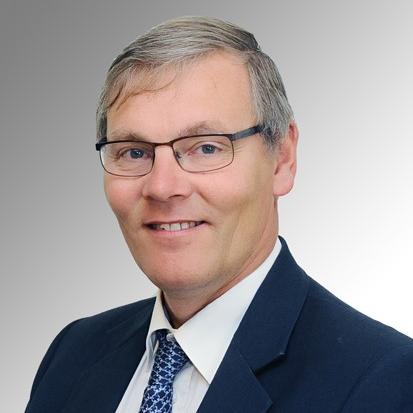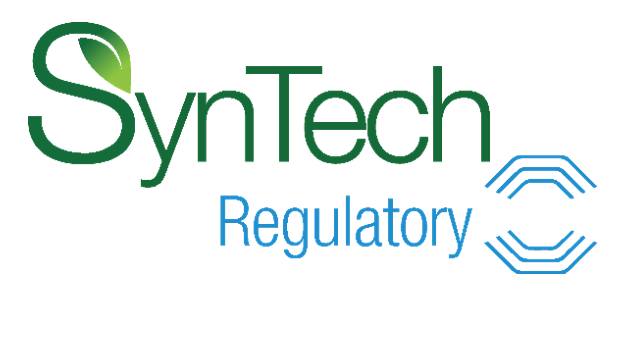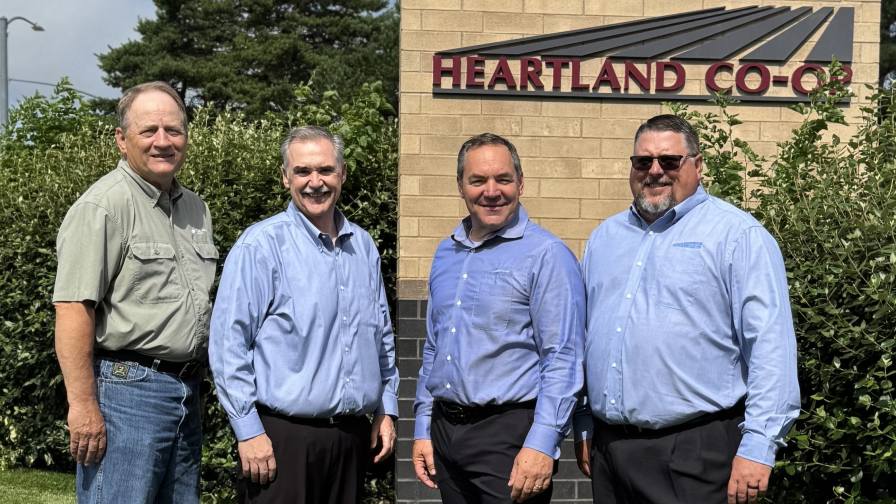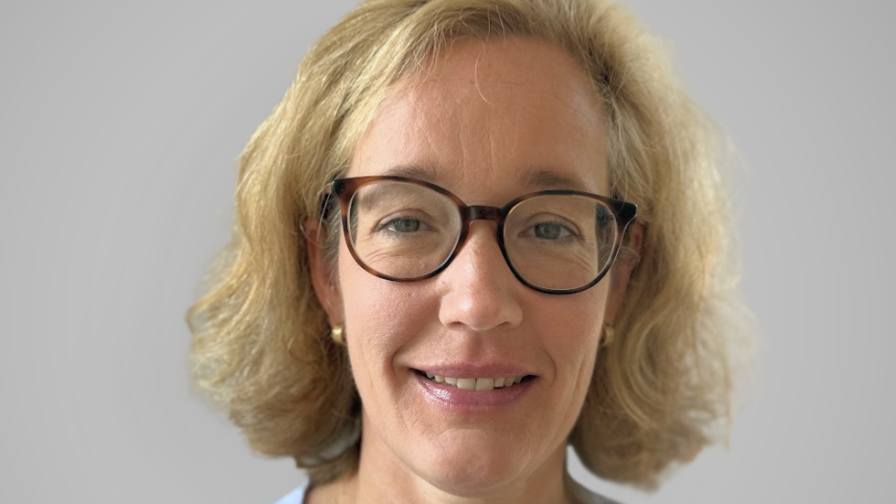Bayer-Monsanto Merger Ramps Up Technological Transformation in Africa
Farmers in Africa are on the cusp of benefiting from cutting-edge innovations that will catapult growth of the agricultural sector and contribute significantly to food security.
This is the promise of Eric Bureau, Bayer Managing Director and Country Head East Africa, following the complex acquisition of Monsanto, a deal that cost $63 billion and whose outcome has been the creation of a colossal juggernaut
determined to control the crop protection and seeds market.
“Bayer and Monsanto share the same vision, which is about helping farmers produce more through innovation. This is what farmers in Africa should expect because together we will be in a better position to innovate and bring better technologies to the market and to offer new solutions,” he says.
He adds that Bayer Crop Science has mainly concentrated on crop protection and Monsanto on seed, which creates a synergy that will offer farmers a one-stop shop of solutions.
In sub-Saharan Africa, with the exemption of South Africa, the Bayer-Monsanto deal that took two years to conclude did not enlist substantial scrutiny. The majority of regulators opted to back their approval based on decisions by their counterparts in the U.S. and European Union (EU).
Despite the lack of close interrogation, something that has exposed technical limitations facing regulators in Africa particularly when it comes to intricate transactions, the merger has ignited jitters because it is bound to disrupt the configuration of the crop protection and seed markets in the continent.
“The Bayer-Monsanto merger intensifies processes of wealth extraction from Africa and increases the distance of control over economic decisions and production practices from farming communities,” Dr. Stephen Greenberg, Research Coordinator at Africa Centre for Biodiversity, says.
He adds that the merger is the latest example of a globally intense corporate concentration and capture of numerous economic spheres, including agriculture and food, coming hot on the heels of other consolidation in the agrichemicals industry.
Notably, the Bayer-Monsanto merger comes at a time when the agricultural sector in Africa is on the runway gearing for takeoff, with farmers being forced to adopt new technological innovations to increase yields and transform agriculture to a profitable enterprise capable of lifting millions out of poverty.
On the flipside, it comes when farmers are facing a delicate balancing dilemma in terms of chemical use amid campaigns to lower concentrations, rising input prices, a shift toward biochemicals, and organic farming, among other emerging trends.
Major Influence
Under the new order, agricultural experts project a future in which Bayer will have a tight grip on the market, giving farmers fewer options, particularly those who use patented products and have little affinity for generics that are widely used mainly by small-holder farmers.
Having operated in Africa for decades, Bayer has managed to build a strong reputation while riding on its rich history of research and development to offer innovative crop protection products, which account for about 75% of its business in Africa.
Although there is not concrete market intelligence data, it is estimated that the merger has resulted in Bayer now controlling about 30% of both the seed and agrichemical markets in Africa, with its main competition now coming from generics.
The company will also be able to easily influence policymakers on any aspects touching on its business interests.
These interests are legion and diverse, cutting across the push for adoption of genetically modified organisms (GMOs), shielding the African market from decisions from other jurisdictions, such as the ban on neonicotinoids in the EU and the verdict on glyphosate in the U.S., favorable tax regimes, and a push for more use of certified seeds, among others.
“Bayer-Monsanto has a large combined share of the commercial agricultural biotech-seed-pesticides market in Africa. As this model spreads, it displaces the farmer seed systems on which agricultural production and biodiversity rely in Africa,” Dr. Greenberg says.
He adds that, with government programs supporting the mainstream and highly funded green revolution in the Africa agenda, farmers are compelled toward adopting these production models that benefit multinationals.
For Africa, the merger will also help erase the notorious reputation that Monsanto had acquired of a company that was solely determined to drive the GMO agenda and was using its powerful stature to impose its seeds on the continent’s markets.
Bayer has made it clear that it will drop the Monsanto name, a development that will mark the end of a company largely associated more with GMOs than with quality-certified seeds in the continent.
“We are fully convinced biotechnology is a tool available to farmers. Farmers are free to decide if they want to use it or not, and I totally disagree when I hear that Monsanto is forcing farmers to use their seeds,” Bureau says.
He adds that, being an innovation company, Bayer intends to upscale biotechnology research, which is gaining traction across the globe and has the potential to redefine agriculture in Africa in terms of reducing pesticide use through offering pest-resistant crops, such as Bt cotton and Bt maize.
“Food security is at the heart of our operations, and that is why we are determined to help farmers increase yields and produce more food. Our innovations have a big role to play to improve food security and farmers income,” Bureau says.
For Bayer, a company that believes farmers are entrepreneurs, offering innovative solutions is at the core of agricultural transformation, considering Africa is facing a daunting task to feed its growing population amid dwindling arable land.






